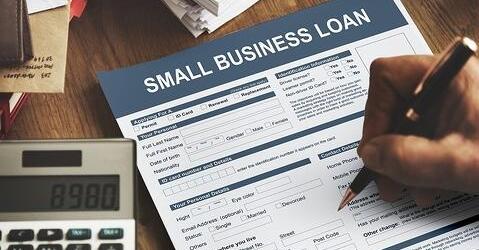Running a successful business often requires capital infusion at various stages of growth. A business loan can be a vital tool to secure the funds necessary for expansion, innovation, or managing day-to-day operations. However, taking on a business loan is a decision that should be carefully considered. Before embarking on this financial journey, assessing your readiness and ensuring that the timing is right for your business’s unique circumstances is crucial.
Assess Your Financial Health
The first step in determining your business loan readiness is thoroughly assessing your company’s financial health. Evaluate your cash flow, current debt obligations, and profit margins. A business loan should ideally strengthen your financial position, not strain it. Calculate the Debt Service Coverage Ratio (DSCR), which shows how well your business can cover its existing debt payments. A DSCR above 1 indicates a healthier financial situation.
Clear Purpose for the Loan
A clear and well-defined purpose for the business loan is paramount. Are you looking to expand your physical space, purchase new equipment, launch a new product, or hire additional staff? Lenders will be more likely to approve your loan if they see a specific and viable use for the funds that align with your business goals. Additionally, having a clear purpose will help you determine the appropriate loan amount. For instance, if you require funding for operational purposes, a fast and short-term business loan can be beneficial for securing working capital.
Strong Business Plan
Lenders want a solid business plan outlining their strategy, market analysis, financial projections, and repayment plan. A well-structured business plan demonstrates your commitment, professionalism, and likelihood of success. It also serves as a roadmap for your business’s future growth and can instill confidence in potential lenders.
Healthy Credit Score
Your personal and business credit scores significantly determine whether you’re ready for a business loan. A strong credit history indicates your ability to manage debt responsibly. Before applying for a loan, review your credit reports for inaccuracies and take steps to improve your scores if needed. Higher credit scores can lead to better loan terms and lower interest rates, ultimately saving you money in the long run.
Ability to Repay
Lenders will closely scrutinize your ability to repay the loan. Calculate your Debt-to-Income (DTI) ratio, which measures your monthly debt payments against your income. A lower DTI ratio demonstrates your capacity to manage additional debt. Prepare detailed financial statements, including profit and loss and cash flow projections, to showcase your business’s ability to generate sufficient revenue to cover loan payments.
Comparison Shopping
Before committing to a business loan, compare offers from various lenders. Different lenders may have different terms, interest rates, and repayment schedules. Consider both traditional banks and alternative lenders. Remember that the goal is to find a loan that aligns with your business’s needs and financial capabilities.
Taking the Next Step
Deciding to take out a business loan is a significant step that requires careful evaluation and planning. With these factors, you’ll be better positioned to secure a business loan that fuels your growth and success. Remember, a well-structured loan can be a powerful tool to take your business to the next level. So, take the time to evaluate your readiness and explore the opportunities a business loan can bring to you.






